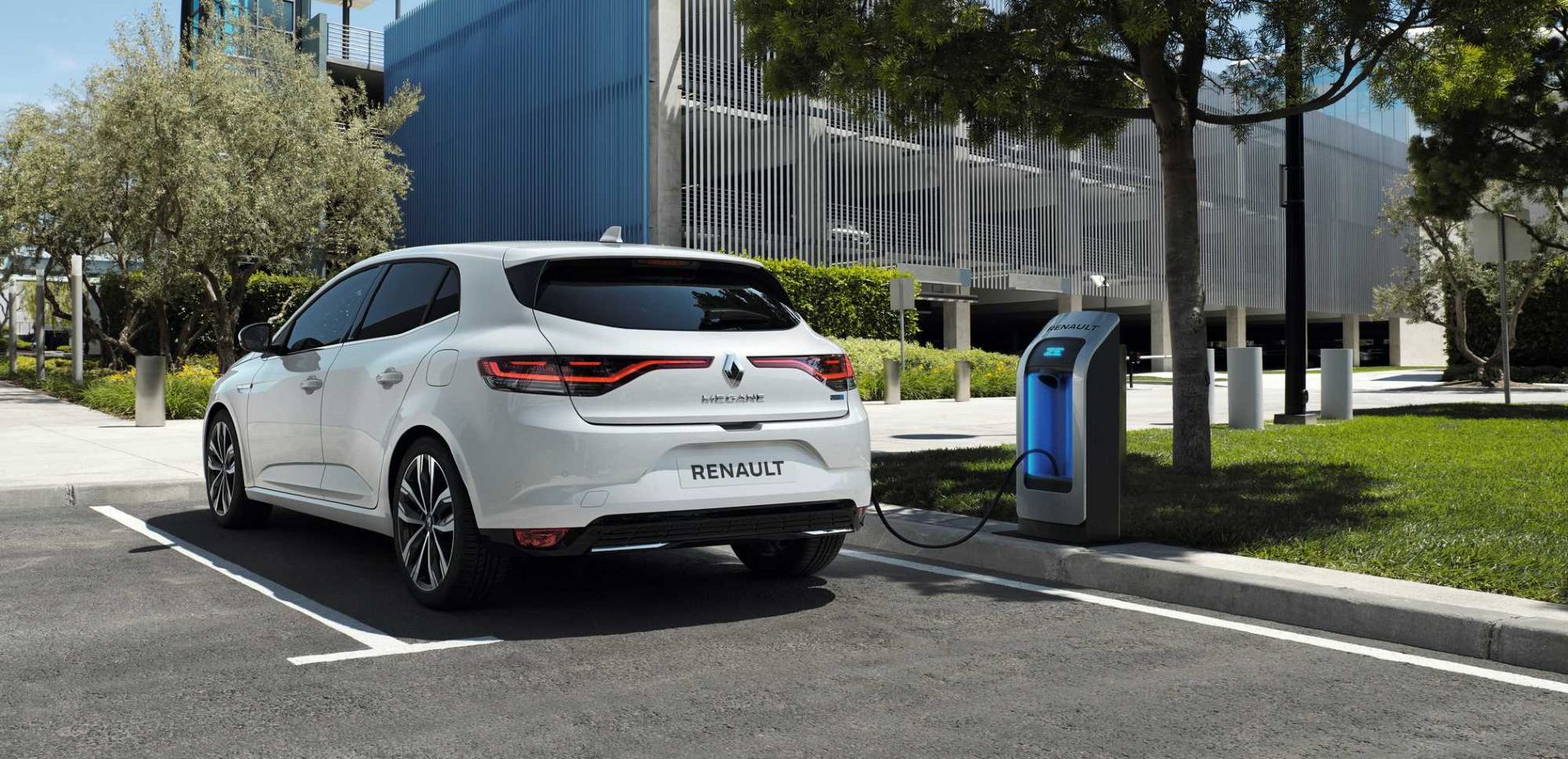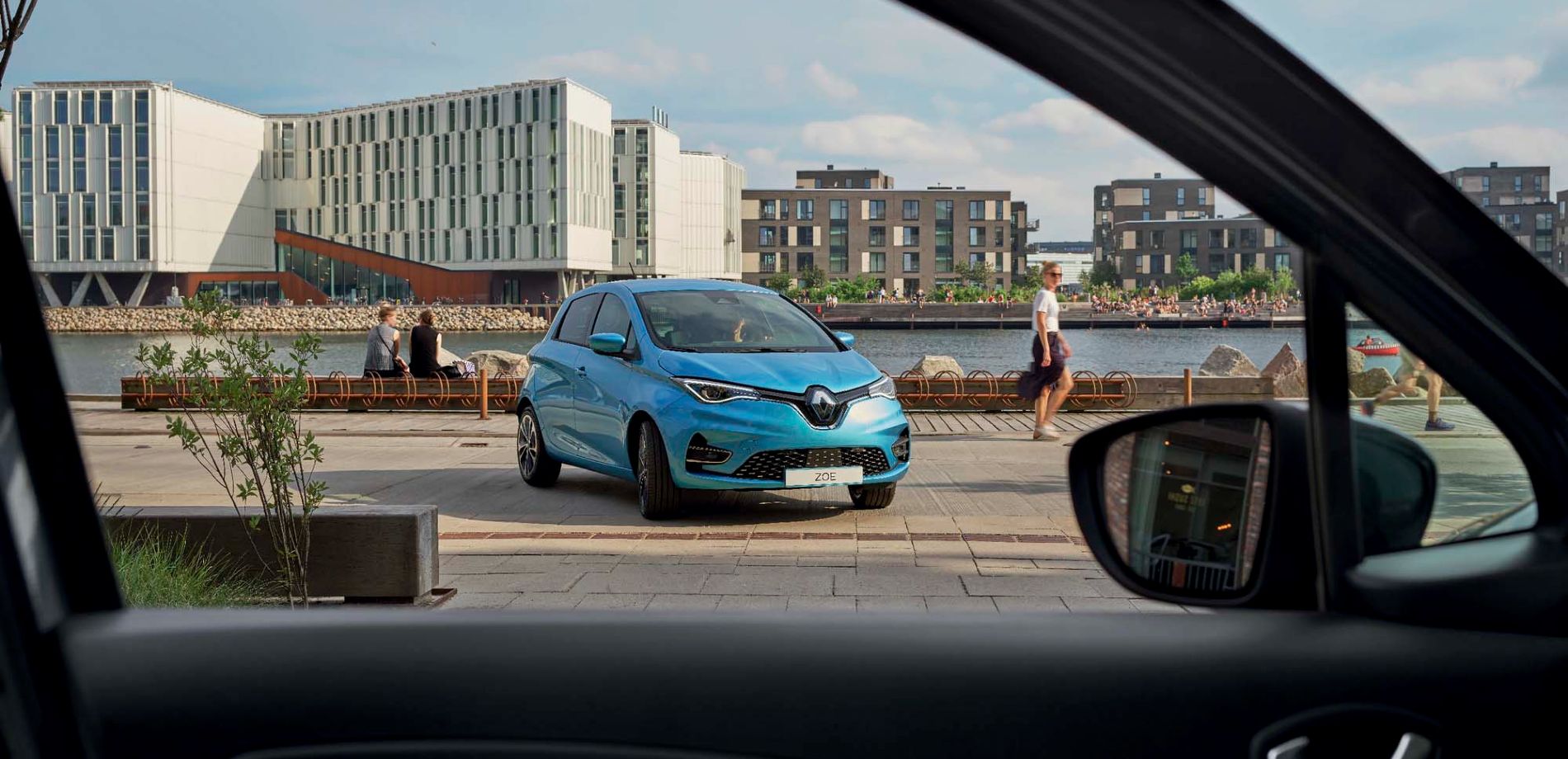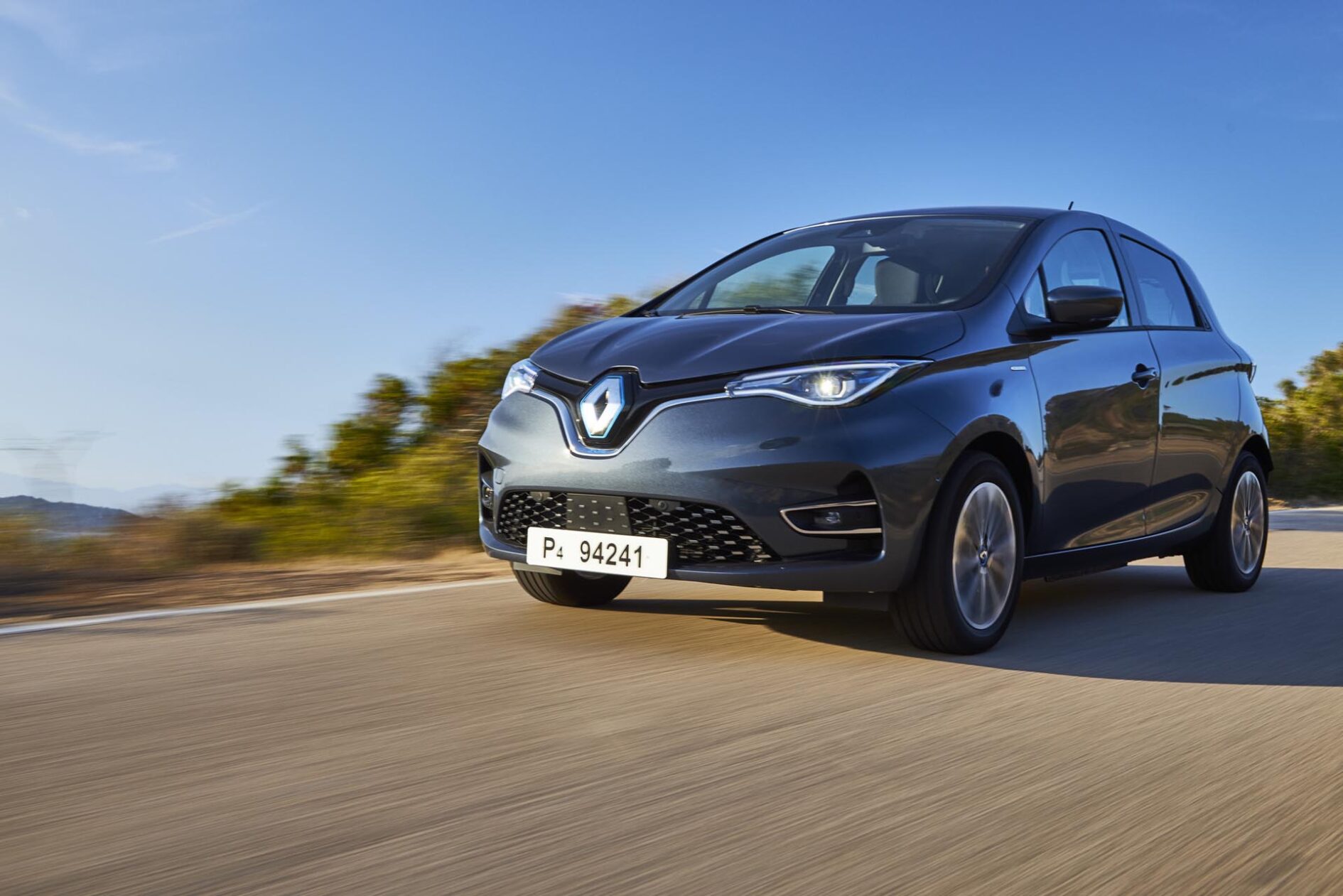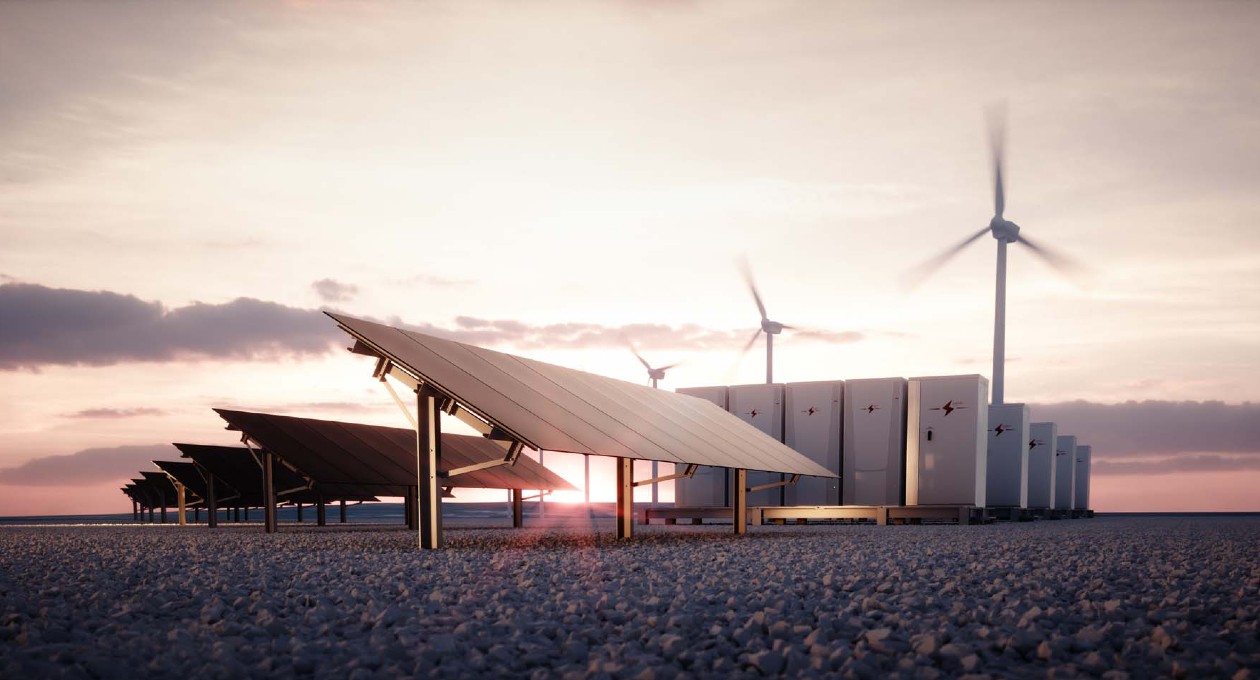

Renault’s hybrid vehicles: some background
Hybrid motors: expertise acquired from Formula One
In 2013, the FIA (Fédération Internationale de l’Automobile: the international automobile federation) announced to Formula One teams that it would be taking the sport in an energy-efficient direction. A new regulation was enacted, from which point engine manufacturers were obliged to develop hybrid propulsion incorporating a regenerative energy system.
Renault Sport therefore created a powertrain designed for F1 sportscars combining the skills of a diverse team, with specialist electric vehicle engineers having already joined the Renault Sport ranks in 2011. A different kind of gearbox, new energy management system and mechanisms for optimizing energy recovery from the brakes and exhaust were installed in the single-seat vehicles.
Hybrid expertise applied to production vehicles
In 2014, while Renault’s first hybrid motor F1 cars were competing in the world championship, the manufacturer unveiled EOLAB, a plug-in hybrid concept car heralding the technological advances to come for production vehicles. Around a hundred patented powertrain innovations, as well as energy recovery when braking and decelerating, came from this demonstration model, remarkable for its reduced fuel consumption and, as a consequence, lower CO2emissions.
Since this first concept car, and in parallel with its rise in the all-electric car industry, Renault Group has developed numerous patented innovations, resulting in a complete hybrid range called “E-TECH” built on several major technologies: a pedal-free dog clutch gearbox which makes acceleration more fluid and provides instant torque when using the accelerator, for example, or the High Voltage Starter Generator which enables a smooth, 100% electric start on hybrid and plug-in hybrid models.

The Renault hybrid range at a glance
Renault Clio E-TECH hybrid
Designed to be a truly economical city car, Clio E-TECH hybrid naturally benefits from all-electric propulsion for 80% of its urban journeys. The enjoyable driving experience and reduced fuel consumption (up to 40% less) are the main advantages.
The very first hybrid model from the Renault range, it illustrates the dynamic road handling of this type of motor. Two electric motors, automatic transmission and 140 horsepower provide instant responsiveness and a rapid start.
Renault Captur E-TECH Plug-in hybrid
Renault’s crossover welcomed a new motor system in 2020, with the commercialization of Captur E-TECH Plug-in hybrid. Continuing on from the EOLAB concept car, this model adds a charging socket to its hybrid technology. A 9.8 kWh battery ensures the car’s all-electric drive over nearly 50 kilometers on the mixed WLTP* cycle.
With Captur E-TECH Plug-in, an engine and electric motors are combined to present a “modular” vehicle. The electric range is used notably for daily driving (the commute to and from work, for example,) and recharged at home or at a charging station, while the combustion engine takes over for longer journeys (such as weekend trips and vacations.) Thanks to these characteristics, this pioneering plug-in hybrid offers record-breaking fuel consumption of just 1.5 liters/100 kilometers, compared to 5.9 liters/100 kilometers for equivalent combustion-powered vehicles.
In 2021, a standard hybrid version (i.e. not plug-in) of Captur — Captur E-TECH — will also be available on the market. It will share the same specifications as Clio E-TECH, notably the 140 horsepower motor.
Renault Mégane and Mégane Estate E-TECH Plug-in
Following Captur, it’s the sedan Mégane and station wagon Mégane Estate’s time to adopt the E-TECH Plug-in powertrain. With 160 horsepower, 100% electric start-up, an energy recovery mode that recharges the battery when driving and, of course, a reduction in fuel consumption and CO2 emissions, this version appeals to motorists looking for a family car that integrates the best of combustion and electric power.
Moreover, on the plug-in hybrid version, as with all of Renault’s E-TECH Plug-in vehicles, overall fuel consumption drops by 75% compared to an equivalent combustion-powered vehicle when recharged on a daily basis.
Renault Arkana
In 2021, the first Renault model to “natively” integrate hybrid motors will be commercialized: an SUV with a coupe design! Called “Renault Arkana”, the model will be released with the powertrain already present on Clio E-TECH. This will further enhance the range of Renault’s vehicles with next-generation motors.
Renault’s E-TECH hybrid motor system: multiple innovations
A Renault E-TECH or E-TECH Plug-in vehicle has 150 patent-protected technologies onboard. The main principle of this new motor system is to offer an unprecedented hybrid experience in which electric power is perfectly at home.
E-TECH in the so-called “self-charging”, aka “simple hybrid”, version that uses energy recovery — in other words not rechargeable on the electric grid — is based on a gasoline engine paired with a double electric motor. A multimode gearbox ensure optimized performance. The driver, therefore, has three modes to choose from. The Sport mode, in which the combustion engine runs continuously and the electric part is used during acceleration, boosting the vehicle’s performance and dynamism. The Eco mode is applied when a driver wants the gearbox to favor the electric mode where possible, and reduce fuel consumption. The My Sense mode combines the two previous modes to offer a happy medium.
Particular attention has been paid to energy recovery on all the E-TECH and E-TECH Plug-in vehicles. The energy produced by the wheels when slowing or braking is converted into electricity. The B mode, found on the automatic gearbox selector, accentuates this recovery by using resistance from engine braking: by taking their foot off the accelerator, the driver initiates this setup’s regenerative braking. For motorists, this option offers a new driving experience that is particularly suited to the city. On the Captur and Arkana models, a dedicated e-Shifter gear lever allows the driver to quickly change into this mode, and thereby adapt to slowed driving conditions in the blink of an eye.
The “series-parallel” architecture, on which the entire E-TECH range is built, offers numerous possibilities: the electric motors and combustion engines are combined so as to offer the best possible performance according to the driver’s needs.
The future of Renault’s hybrid range
In accordance with European emission standards, and with a view to offering drivers vehicles adapted to each of their needs, Renault is increasing the number of electrified cars within its range. Unprecedented E-TECH hybrid and E-TECH Plug-in hybrid models are therefore set for release in the coming months as part of the overall electrification of the Renault range!
By 2022, the Kadjar SUV will welcome an E-TECH hybrid model and E-TECH Plug-in hybrid version like Renault Arkana, available in both hybrid modes. After the station wagon, the sedan model of Mégane will also be equipped with plug-in hybrid power. When it comes to motors, a plug-in hybrid version of over 200 horsepower will also be added. This “performance” series will further enhance the Renault catalogue, so that every driver can find a vehicle and a motor type perfectly suited to their needs.
* WLTP (Worldwide Harmonized Light Vehicles Test Procedure) standardized cycle: 57% urban driving, 25% suburban driving, 18% highway driving.
Copyrights : PICCININI Roberto




